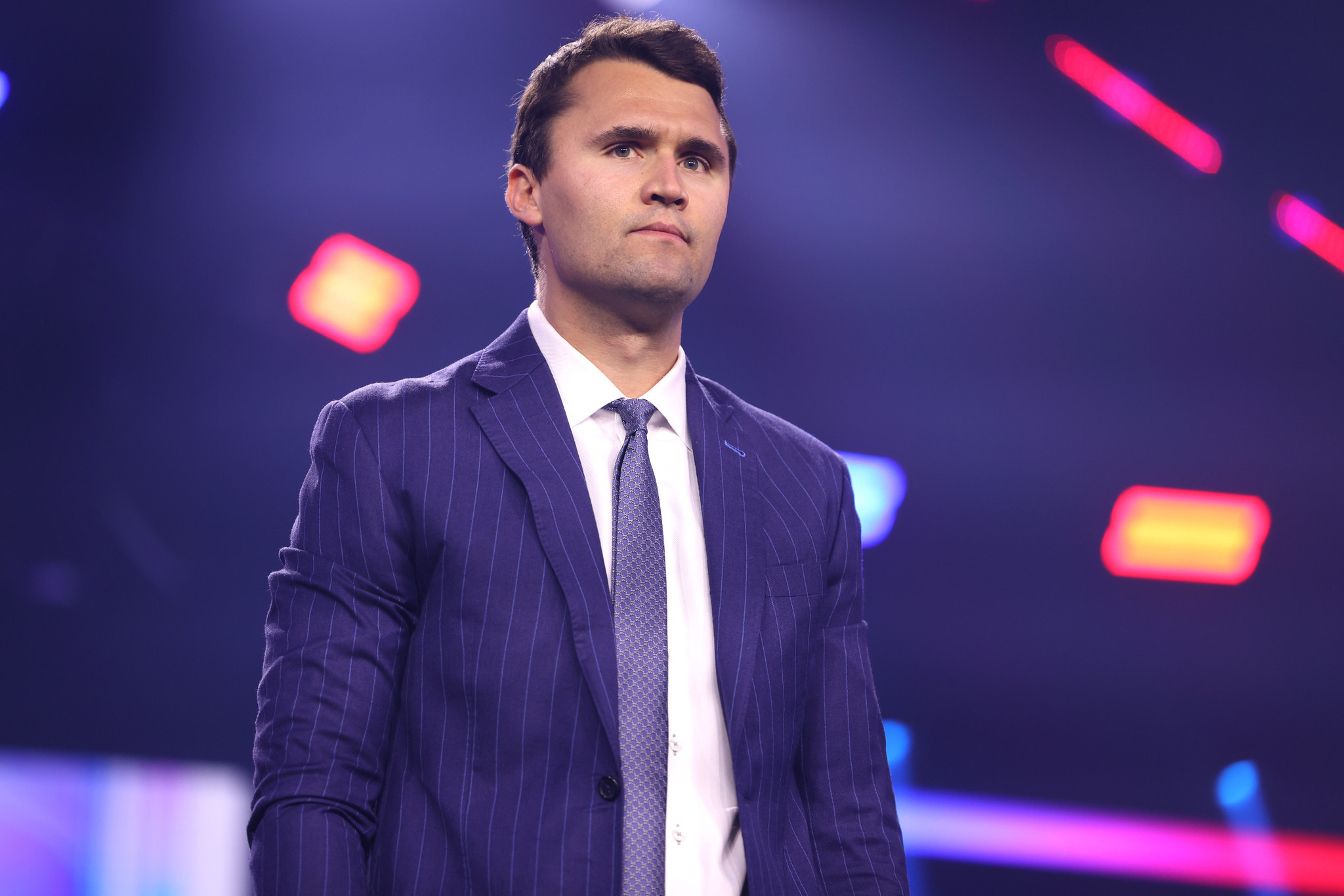The recent assassination of Charlie Kirk has left a significant void for many young men seeking role models. Kirk, known for his unapologetic stance on masculinity and Christian values, resonated deeply with his audience, particularly young males on college campuses.
Explainer Charlie Kirk Overview
Kirk's message emphasized traditional values, urging young men to embrace responsibility through marriage and fatherhood. "Live a life worthy of respect. Get married. Be a good father. Above all, love Christ," he often said, promoting a vision of manhood that many found inspiring.
In a landscape where figures like Jordan Peterson and Joe Rogan also attract young audiences, Kirk's approach was distinct. He offered not just motivation but a spiritual framework, emphasizing the importance of faith and community. Critics, however, have labeled him a polarizing figure, suggesting that his views on masculinity may contribute to a culture of exclusion.
Kirk's willingness to engage in difficult conversations on college campuses marked a departure from the prevailing narratives around masculinity. His approach was characterized by humility and a commitment to learning, as he often sought guidance from established mentors such as Frank Turek and Victor Davis Hanson.
Erika Kirk, Charlie's wife, highlighted his dedication to serving others, stating, "He regularly asked how he could serve me better." This commitment to partnership and family life was a central theme in his talks, where he portrayed marriage as a source of joy and fulfillment.
The cultural context surrounding Kirk's message is crucial. For over a decade, discussions in therapeutic settings have echoed a common concern: the absence of responsible young men. Many women express frustration over the lack of partners willing to commit to marriage and family. This sentiment reflects broader societal shifts that have seen traditional institutions, such as the military and all-male colleges, undergo significant changes.
Critics argue that the denigration of traditional masculinity has contributed to a generation of young men who struggle with purpose and direction. The term "toxic masculinity" has emerged in discussions about male behavior, leading some to question whether societal expectations have unfairly burdened young men.
Kirk's advocacy for a return to foundational values resonated with many who feel lost in today's cultural landscape. "Where are the good men?" has become a refrain among women seeking partners who embody responsibility and integrity. Kirk's message aimed to address this gap, encouraging young men to rise to the occasion and fulfill societal expectations.
In his memorial, Erika Kirk poignantly noted that her husband sought to reach "the lost boys of the West," young men who feel adrift in a world filled with distractions. She expressed hope that his legacy would inspire others, stating, "Charlie wanted to save young men like the one who took his life."
As discussions about masculinity and responsibility continue, Charlie Kirk's life and message may serve as a catalyst for change, encouraging a new generation to embrace their roles as leaders, partners, and fathers.
Why it matters
- Charlie Kirk's assassination leaves a void for young men seeking role models in traditional masculinity and Christian values.
- His emphasis on responsibility through marriage and fatherhood resonated with many, addressing societal concerns about young men's direction.
- Kirk's approach to masculinity sparked discussions on cultural expectations, highlighting the need for responsible male figures in today's society.
What’s next
- Memorial services for Charlie Kirk are being organized to honor his legacy and impact on young men.
- Discussions on masculinity and responsibility are expected to continue, potentially influencing future initiatives and programs.
